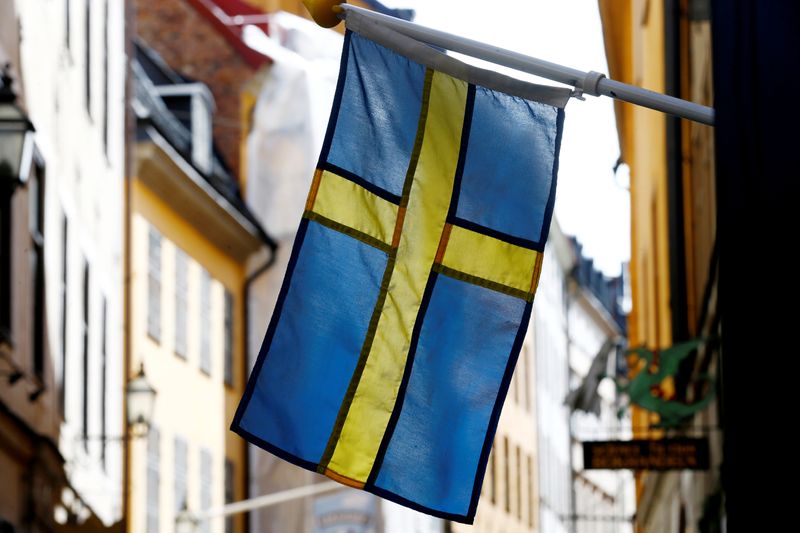How are energy investors positioned?
By Geoffrey Smith
Investing.com -- Sweden's Prime Minister confirmed that the country will formally apply to join the North Atlantic Treaty Organization, formally ending a policy of non-alignment stretching back over 70 years.
Sweden has stayed out of direct conflict for over 200 years since the Napoleonic Wars, staying studiously neutral, along with Finland, during the Cold War.
"Non-alignment has served us well, but our conclusion is that it will not serve us as well in the future," Magdalena Andersson said late on Sunday, as she announced that her party the Social Democrats - who have dominated Swedish politics for the last century - had dropped their opposition to joining NATO.
However, Russia's invasion of Ukraine has changed the security calculus for northern Europe, reviving fears that it will seek to reclaim other former territories belonging to its empire, including the Baltic States and Finland.
Finnish President Sauli Niinisto had on Sunday confirmed that his country, too, will apply to join the alliance.
The news is a setback for Russian President Vladimir Putin, who said last week in a speech marking victory in World War 2 that he had ordered the invasion of Ukraine in February to pre-empt the expansion of NATO. The invasion has gone awry, with an initial Russian attack being defeated before the Ukrainian capital Kyiv and subsequent attacks around the country's second city, Kharkiv, also being repulsed. Russian forces are still holding on to extensive gains in southern Ukraine, however.
The Nordic countries' bids for NATO membership are likely to be accepted without much resistance, given the high quality of their armed forces and the countries' democratic credentials.
The development “doesn’t pose a threat” to Russia but may “trigger a response,” Putin was quoted as saying at a summit of former Soviet allies on Monday.
“What kind (of response) it will be, we will decide depending on threats that are created against us,” Putin said.
The development comes at a time when Sweden, Finland, and most other European Union member states are pressing to impose an embargo on Russian oil and refined products by the end of the year. A proposal from the EU Commission needs unanimity among the 27 member states to come into force but is currently being resisted by Hungary and, to a lesser extent, other central and eastern European members whose energy systems still rely heavily on supplies from the former Soviet Union.
